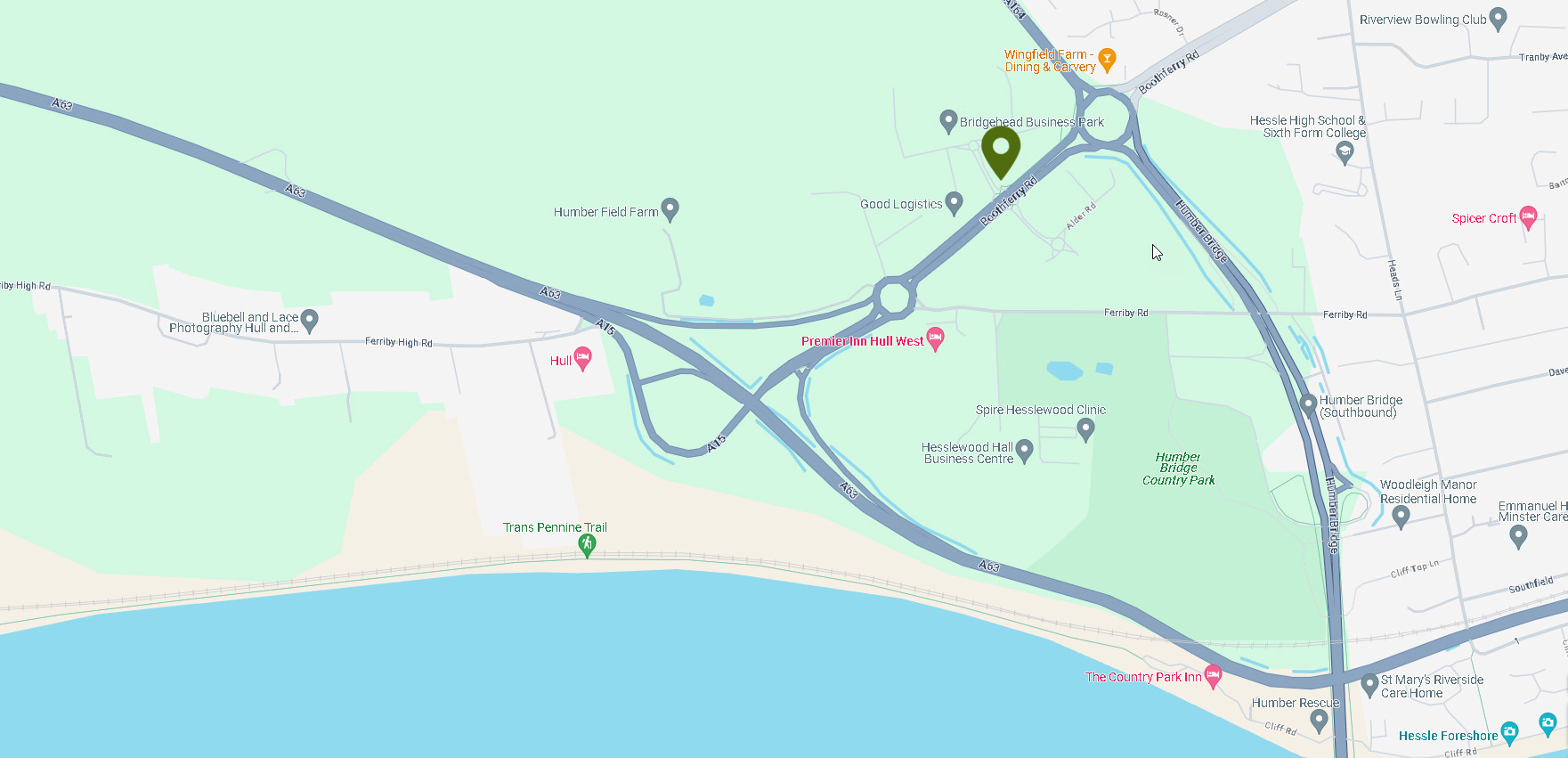- call us now! 01482 692421
Choosing the Right Private Pension
Dec 19, 2024
Choosing a pension isn’t just about surviving after retirement: it’s about securing your future so you can keep enjoying the same quality of life. So, what are your options?
What is a defined benefits (DB) pension?
A defined benefit pension guarantees you an income for life based on your salary and how long you’ve worked for your employer. It is based on how much you were making at or near retirement (final salary pension schemes), and/or the average of what you made while you were working (career average). It is not affected by how much you pay into the scheme or how your investments do. These types of pensions are most common in the public sector, although some larger private companies also offer them. You can typically withdraw money after you turn 65 years old from a defined benefits pension.
What is a defined contribution (DC) pension?
This pension pot is based on how much you and your employer pay into the scheme, tax relief, investment returns, and fees and charges. In these pension schemes, you and your employer put money in and then it is invested. You can currently access a defined contributions pension from when you turn 55. Most private sector workers will be on a DC scheme.
Workplace pensions
These are pensions arranged by your employer. All staff over the age of 22 who make more than £10,000 a year will be automatically enrolled into their company’s workplace pension scheme, although you can choose to opt out. With this type of pension, you benefit from employer pension contributions. This means that your employer also adds to your pension fund, and then that money is invested. It is usually invested in a ‘default scheme’, which is designed to maximise your returns.
Private pensions
Private pensions are essentially pots of money that you pay into for your retirement. Unlike workplace pensions, you are the only person paying into the fund. When you stop working, you can access 25% of your earnings tax free, up to £268,275. After that, any money you withdraw will be subject to income tax.
There are two main types of private pensions
• Self-invested personal pensions (SIPPs) let you choose where you invest your money
• Personal pension plans usually have managers who choose what you invest in or give you a few options to choose from
Private pensions may be a good choice for people who:
• are self-employed or freelance
• don’t have a workplace pension
• are taking time out of work
• want extra savings for retirement on top of their workplace pension
• are saving for their children or grandchildren
What to consider when choosing a private pension
• Payment options: do you want to pay into your pension every month, or have the option of adding lump sums?
• Look into charges. Most defined contribution pensions have some charges, which cover the cost of managing your pension and investments. The amount and type of charge vary.
• How is the money being invested, and how much say will you get over your investments?
• Shop around and compare different options before making a decision.
• Get a financial adviser to look into your options and help you come to an informed decision.
Want to discuss your private pension options and have a personalised assessment? Contact our experienced team of friendly advisers.


